Towards an economy based on value retention
Since 2017, Vlaanderen Circulair has been helping firms and organisations make the switch to circular business. But that is easier said than done. Yet more and more companies are convinced of its necessity – and the coronavirus crisis has further heightened this awareness, say Veerle Labeeuw and Roos Servaes of Vlaanderen Circulair.
A circular economy is all about preserving value: it is about continuing to use raw materials, materials and products when they are at their best during their life cycle. Products are repaired, modified or disassembled, after which the parts can be used in other applications. The circular value chain makes every attempt to transform the traditional linear chain (from primary raw material to waste) into a cycle where recycled (or bio-based) raw materials and recyclable or biodegradable materials are only intermediate stages.
Striking a new balance
Circularity and sustainability go hand in hand. But a circular economy is also designed to resist change and therefore resilient in times of crisis. This became apparent last year during the coronavirus crisis: Flemish companies that were already devoted to circularity suffered much less from the crisis than less circular companies. Their secret? Besides local chains (reuse of raw materials makes companies less dependent on uncertain imports), innovation in business models and cooperation between companies appear to be the very elements that make companies more resilient. “That was an eye-opener,” says Veerle Labeeuw of the public-private partnership Vlaanderen Circulair. The pandemic has shown that we need to strike a new balance between globalisation, which has perhaps gone too far, and a more locally-based economy. The revaluation of raw materials plays an important role in this.”
So for companies it is certainly worthwhile to make the switch to circular. What’s more, it offers them prospects for the future. At Vlaanderen Circulair, they notice that more and more companies are realising this – especially since the past year. “They find that it’s better to start with circularity sooner than later,” says Roos Servaes of Vlaanderen Circulair (whose operational team, incidentally, operates from OVAM). “Firms don’t want to miss the train, and they realise they’d better jump on it while they still can.” This is also due to the European Green Deal programme, which is highly committed to the transition to a circular economy. “In many sectors, such as the construction sector, the realisation is beginning to grow that circularity is becoming more and more of a necessity.”
Further digitisation
But the switch to circular entrepreneurship is not made overnight. Labeeuw: “It often requires a completely different business model. For example, if you start offering products as merchandise instead of selling them, you will generate your income in a completely different way. There are other risks involved, other warranty arrangements … Circular entrepreneurship usually requires a more long-term vision than today, so as a company you also have to be able to call on a different form of funding.”
Specifically for the building industry, last year Vlaanderen Circulair identified a number of systemic bottlenecks in the transition to a circular economy in Flanders. The most important ones appear to be at value chain level. “Cooperation, and therefore trust, is needed between many more stakeholders. Today we see architects and contractors who want to reuse materials from a building to be dismantled,” says Servaes. Further digitisation, for example in urban mining(recovering raw materials from products), can help. “Raw materials must be mapped, the product information (the type of materials, their condition and their reusability) at building level must remain available for years.


Roos Servaes
Veerle Labeeuw
MORE INFO
> bouwen.vlaanderen-circulair.be
> vlaanderen-circulair.be/nl/doeners-in-vlaanderen


